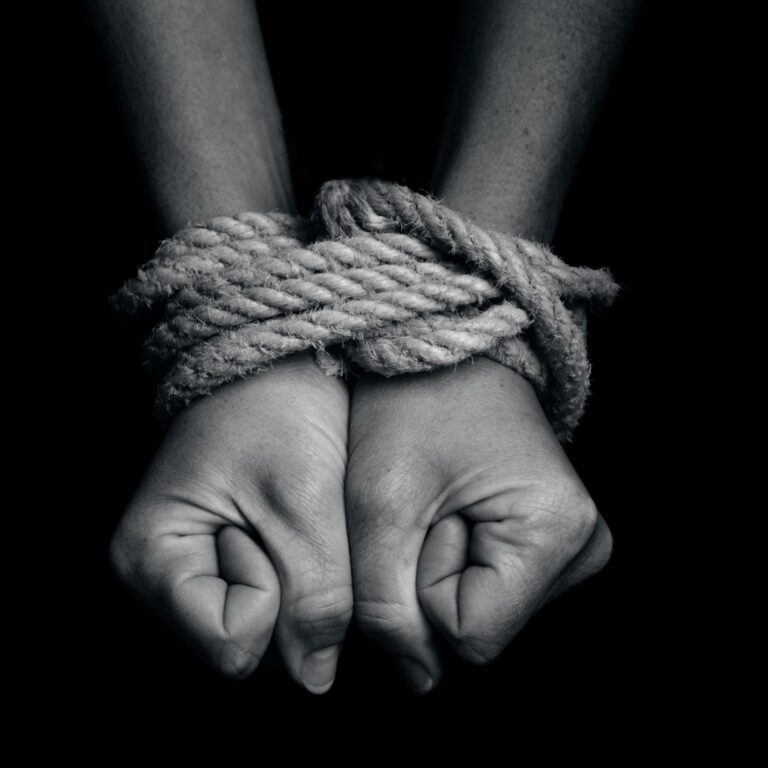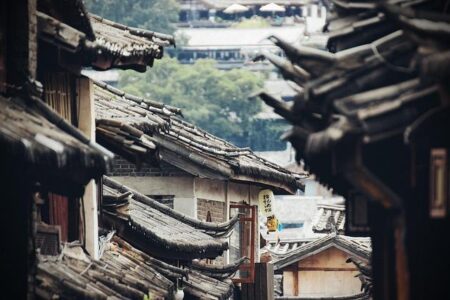The United States government has officially placed Brazil and South Africa on its human trafficking watchlist, spotlighting ongoing concerns over the prevalence of trafficking and related crimes in both countries. This designation, reported by the Organized Crime and Corruption Reporting Project (OCCRP), underscores persistent challenges in combating human trafficking networks amid issues of organized crime and corruption. The move signals increased scrutiny and pressures on Brazil and South Africa to enhance their efforts in addressing the exploitation and protection of vulnerable populations.
U.S. Adds Brazil and South Africa to Human Trafficking Watchlist Amid Rising Concerns
In an unprecedented move, the U.S. Department of State has placed Brazil and South Africa on its human trafficking watchlist, highlighting escalating concerns over illicit networks, corruption, and systemic challenges within both countries. This decision underscores the growing complexity of trafficking operations, which are increasingly intertwined with organized crime syndicates and local corruption, undermining law enforcement efforts and victim protections. Authorities note that despite ongoing interventions, victims-particularly women and children-continue to face exploitation in forced labor and sexual trafficking rings.
Key factors influencing the watchlist designation include:
- Inadequate prosecution rates despite high trafficking activity
- Widespread corruption facilitating trafficker impunity
- Limited resources for victim support and rehabilitation
- Complex cross-border criminal networks exploiting porous borders
| Country | Primary Trafficking Types | Notable Challenges |
|---|---|---|
| Brazil | Sexual exploitation, forced labor | Corruption within law enforcement, remote rural trafficking hubs |
| South Africa | Sex trafficking, child labor | High crime rates, insufficient victim services |
Organized Crime and Corruption Reporting Project Highlights Systemic Challenges
Investigations by the Organized Crime and Corruption Reporting Project (OCCRP) have brought to light persistent obstacles in combating human trafficking across multiple nations. The findings emphasize how entrenched corruption and weak institutional frameworks create environments where traffickers operate with near impunity. In Brazil and South Africa, systemic issues such as insufficient law enforcement resources, political interference, and underreporting have severely hindered effective anti-trafficking responses. These challenges are compounded by the complex networks that span borders, exploiting vulnerable populations for forced labor and sexual exploitation.
Key challenges identified by OCCRP’s investigative team include:
- Lack of transparency in government spending on anti-trafficking efforts
- Corruption scandals involving officials linked to trafficking rings
- Inadequate victim support services and rehabilitation programs
- Fragmented intelligence sharing among regional and international agencies
| Country | Reported Cases (2023) | Corruption Index Rank | Government Anti-Trafficking Score |
|---|---|---|---|
| Brazil | 1,525 | 94/180 | 45/100 |
| South Africa | 1,110 | 70/180 | 50/100 |
Experts Call for Strengthened Law Enforcement and Transparency Measures
Leading experts emphasize that tackling human trafficking requires not only robust legal frameworks but also enhanced transparency from governments and enforcement agencies. They warn that without improved accountability mechanisms, efforts to dismantle trafficking networks risk being undermined by bureaucratic inefficiencies and corruption. Key recommendations include:
- Implementing independent oversight bodies to monitor anti-trafficking operations;
- Increasing public access to law enforcement data related to investigations and prosecutions;
- Strengthening whistleblower protections to encourage reporting within agencies;
- Fostering international cooperation to track and disrupt transnational trafficking rings.
Experts also urge governments like Brazil and South Africa to prioritize resource allocation towards training specialized units capable of addressing the evolving tactics of traffickers. Transparency extends beyond reporting statistics – it includes clear communication with the public about challenges and progress. Below is an overview of proposed policy measures and their expected impact:
| Policy Measure | Focus Area | Expected Outcome |
|---|---|---|
| Independent Oversight Committees | Accountability | Reduced corruption, increased trust |
| Mandatory Public Reporting | Transparency | Enhanced public awareness |
| Specialized Law Enforcement Training | Capacity Building | Improved case outcomes |
| International Intelligence Sharing | Cooperation | Disruption of trafficking networks |
Future Outlook
As the U.S. adds Brazil and South Africa to its human trafficking watchlist, the move underscores growing concerns over the persistence of trafficking networks amid challenges in governance and law enforcement. This designation serves as a call to action for both countries to strengthen anti-trafficking measures, enhance transparency, and address systemic vulnerabilities. Continued international scrutiny and cooperation remain essential in the global fight against human trafficking, with accountability and reform at the forefront of efforts to protect the most vulnerable.




